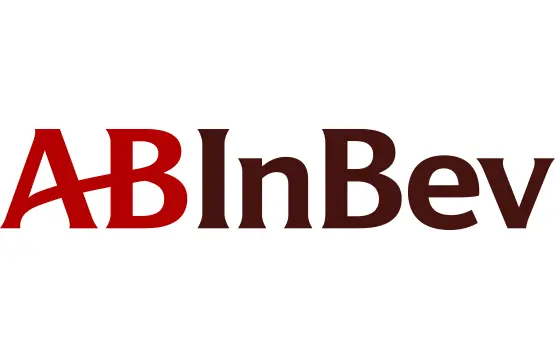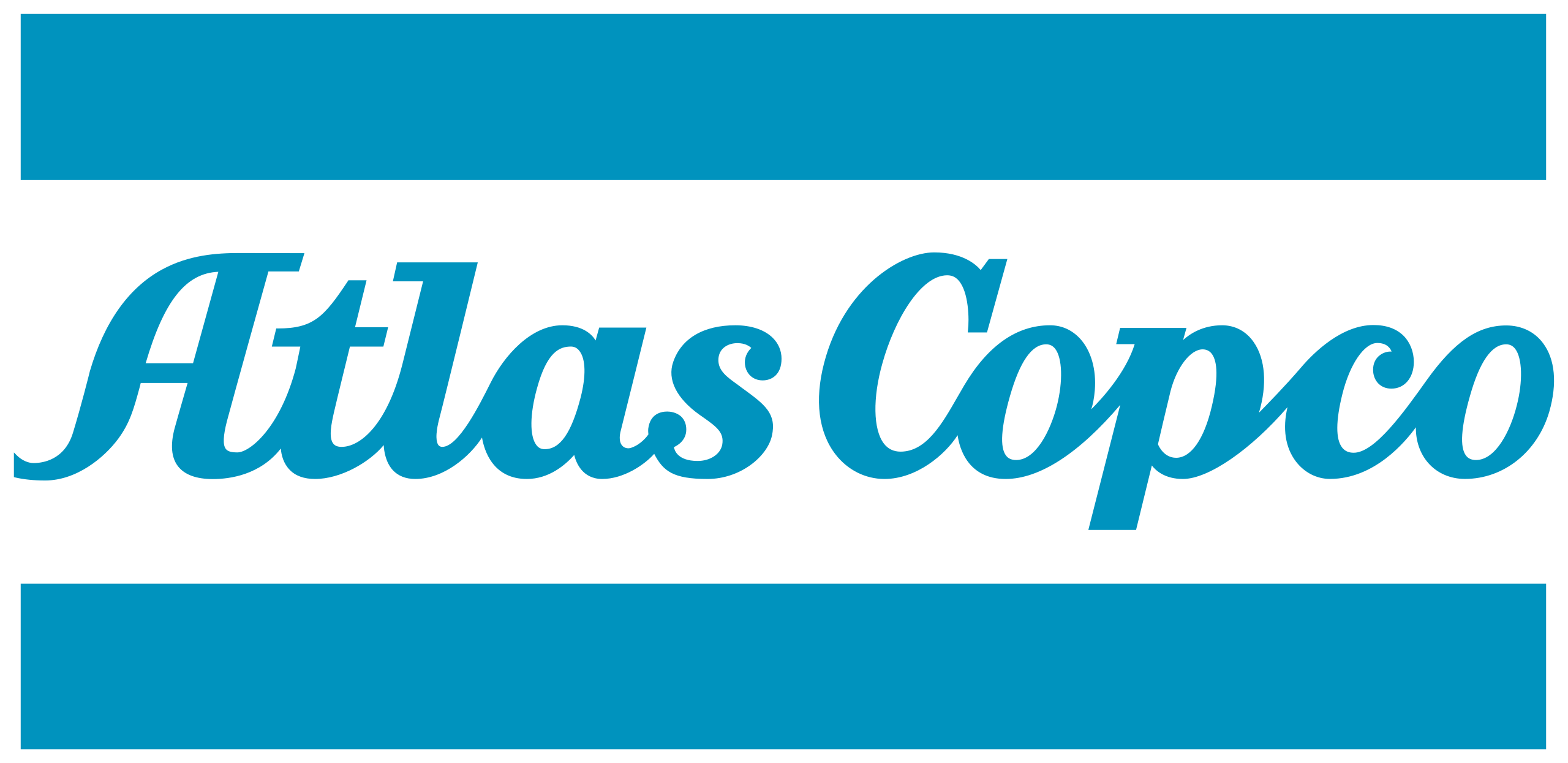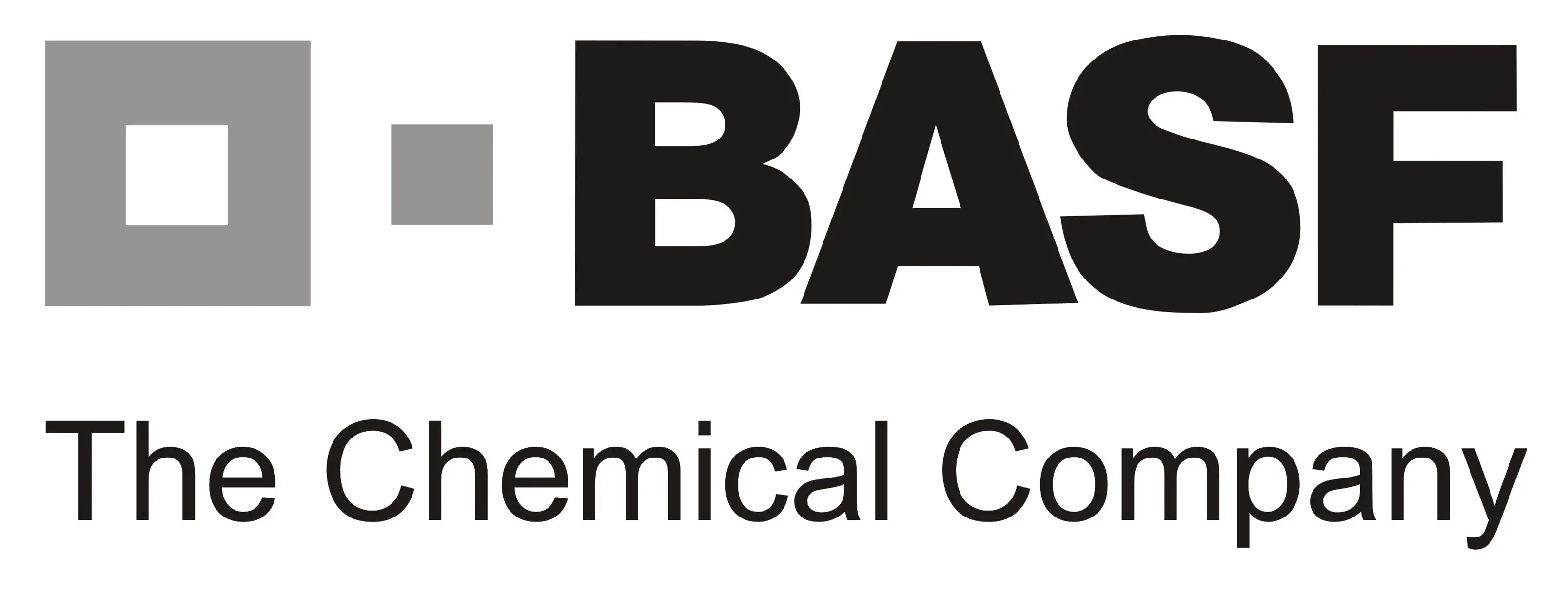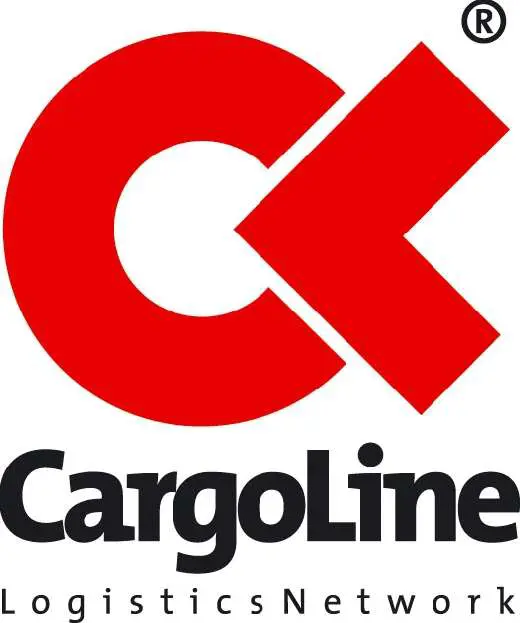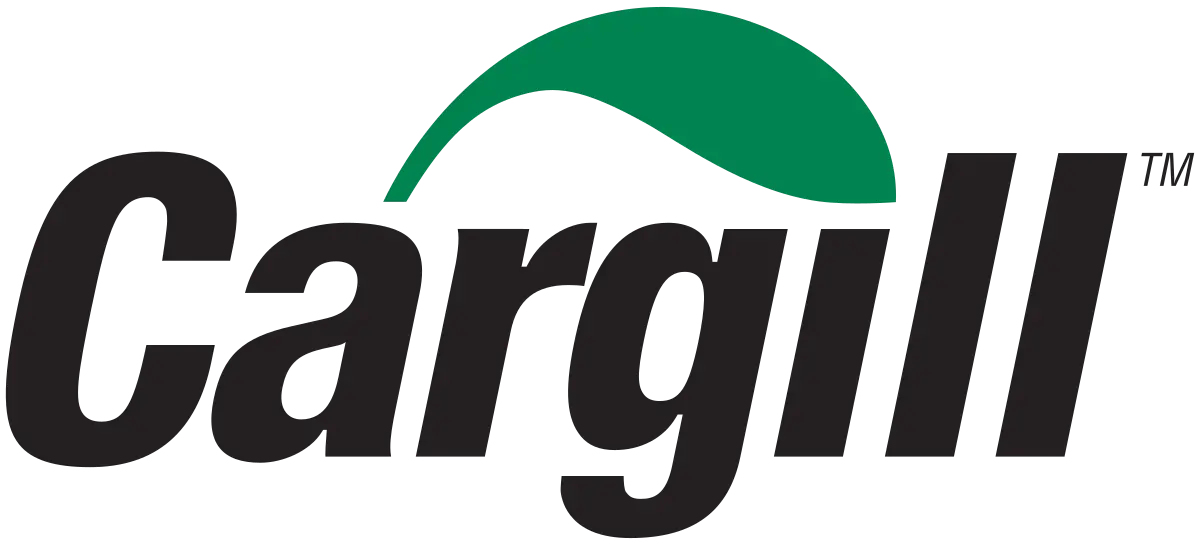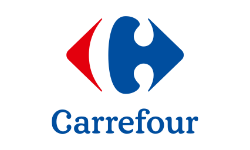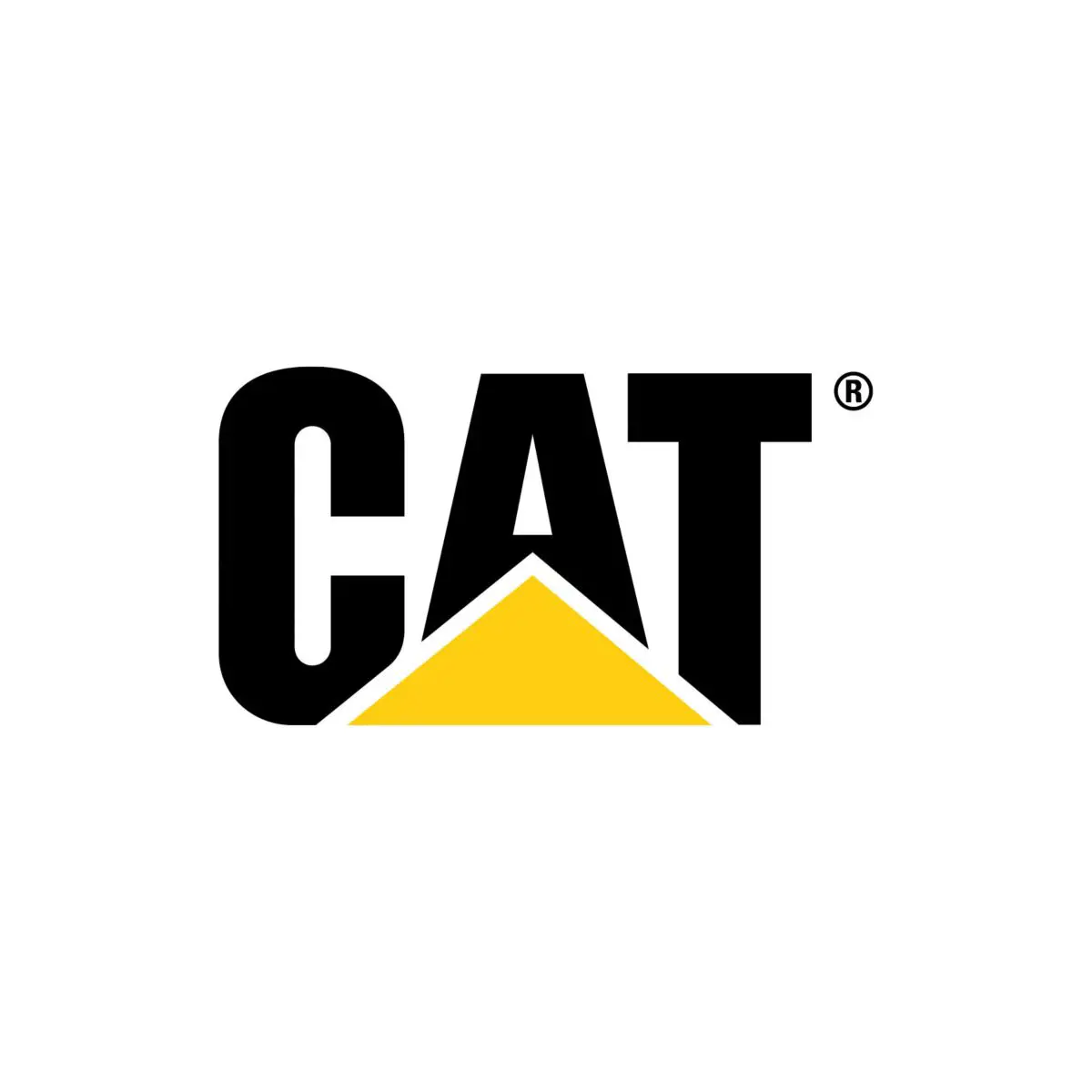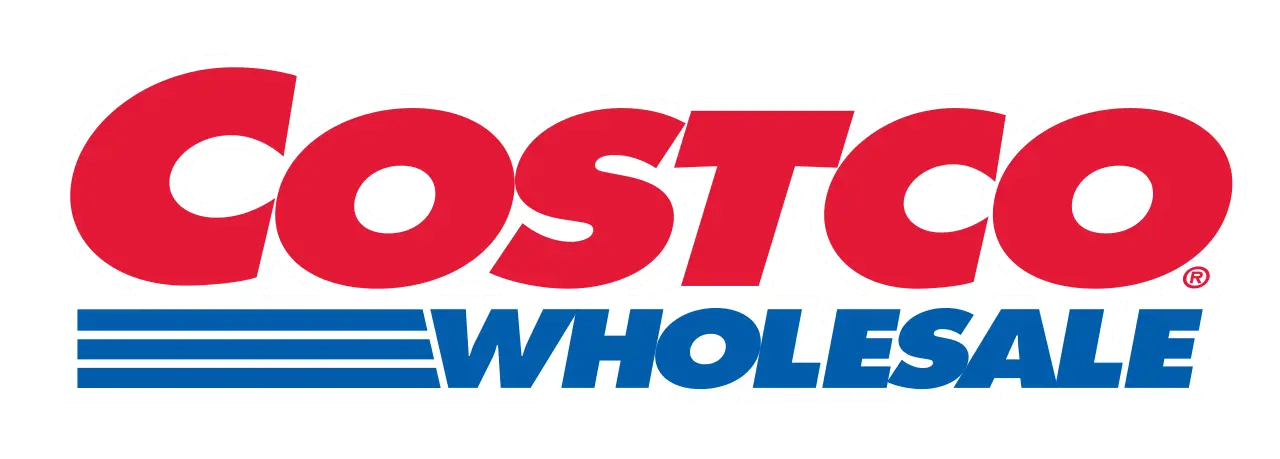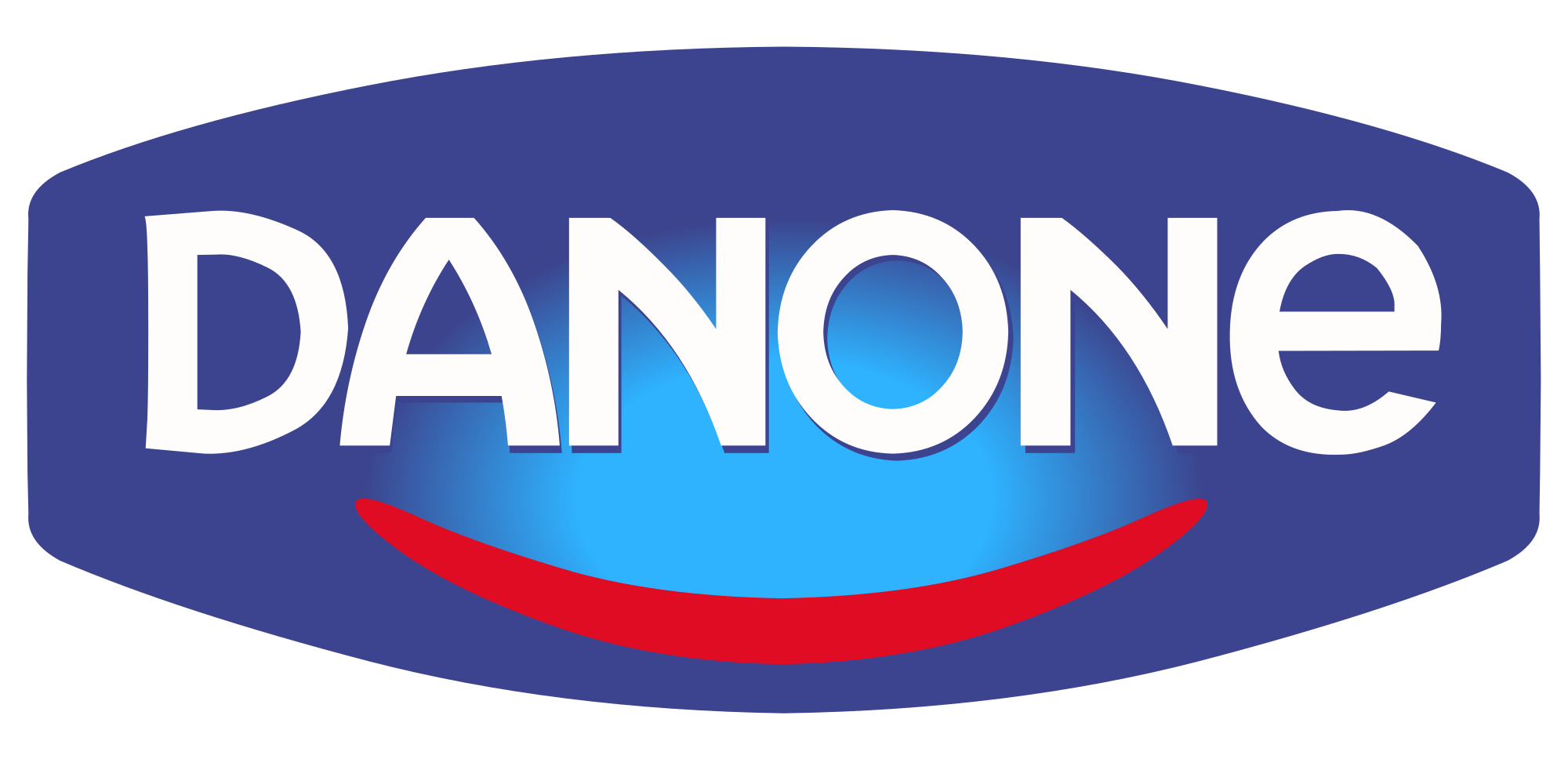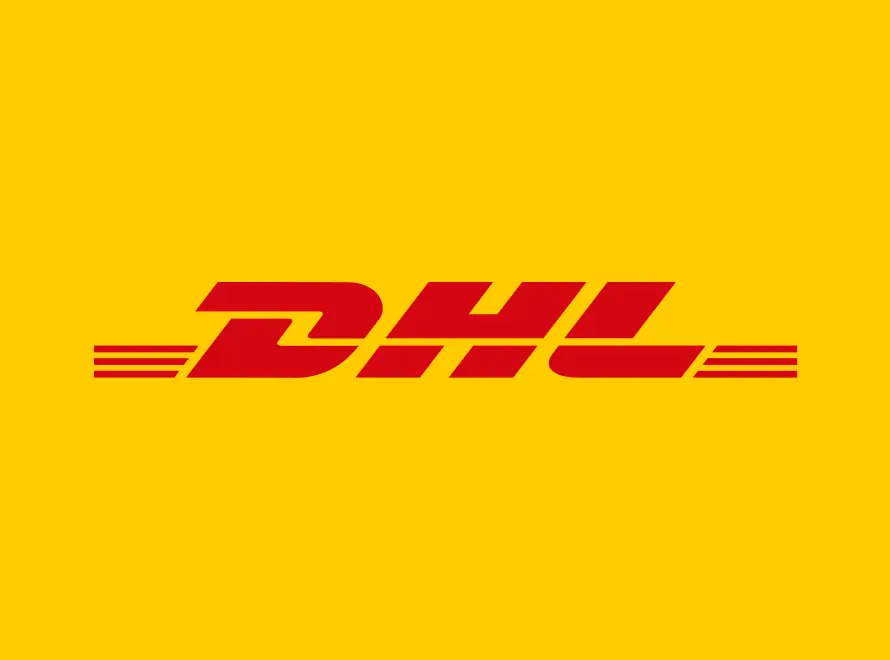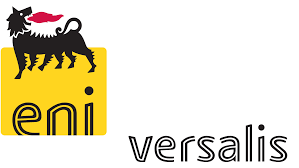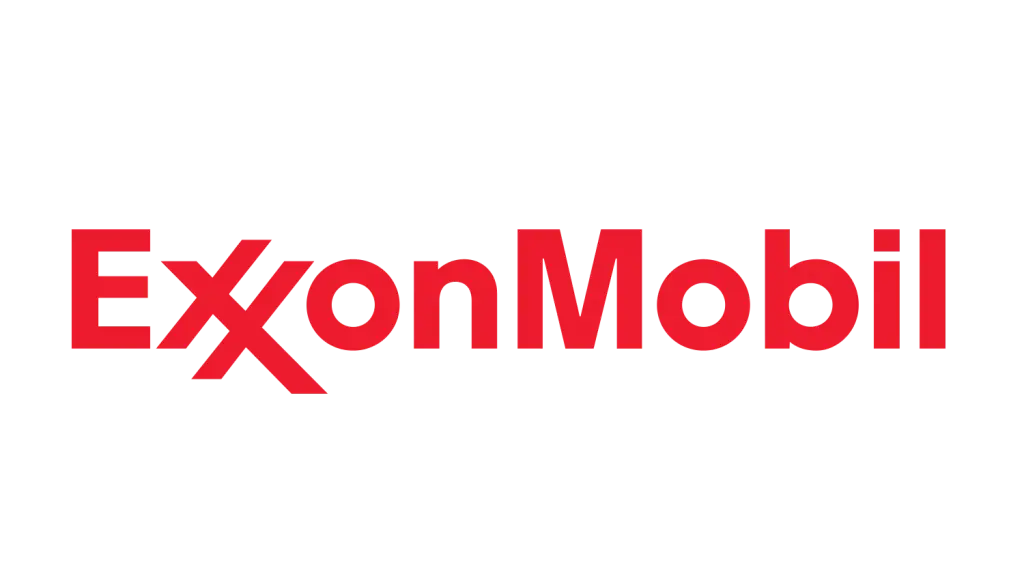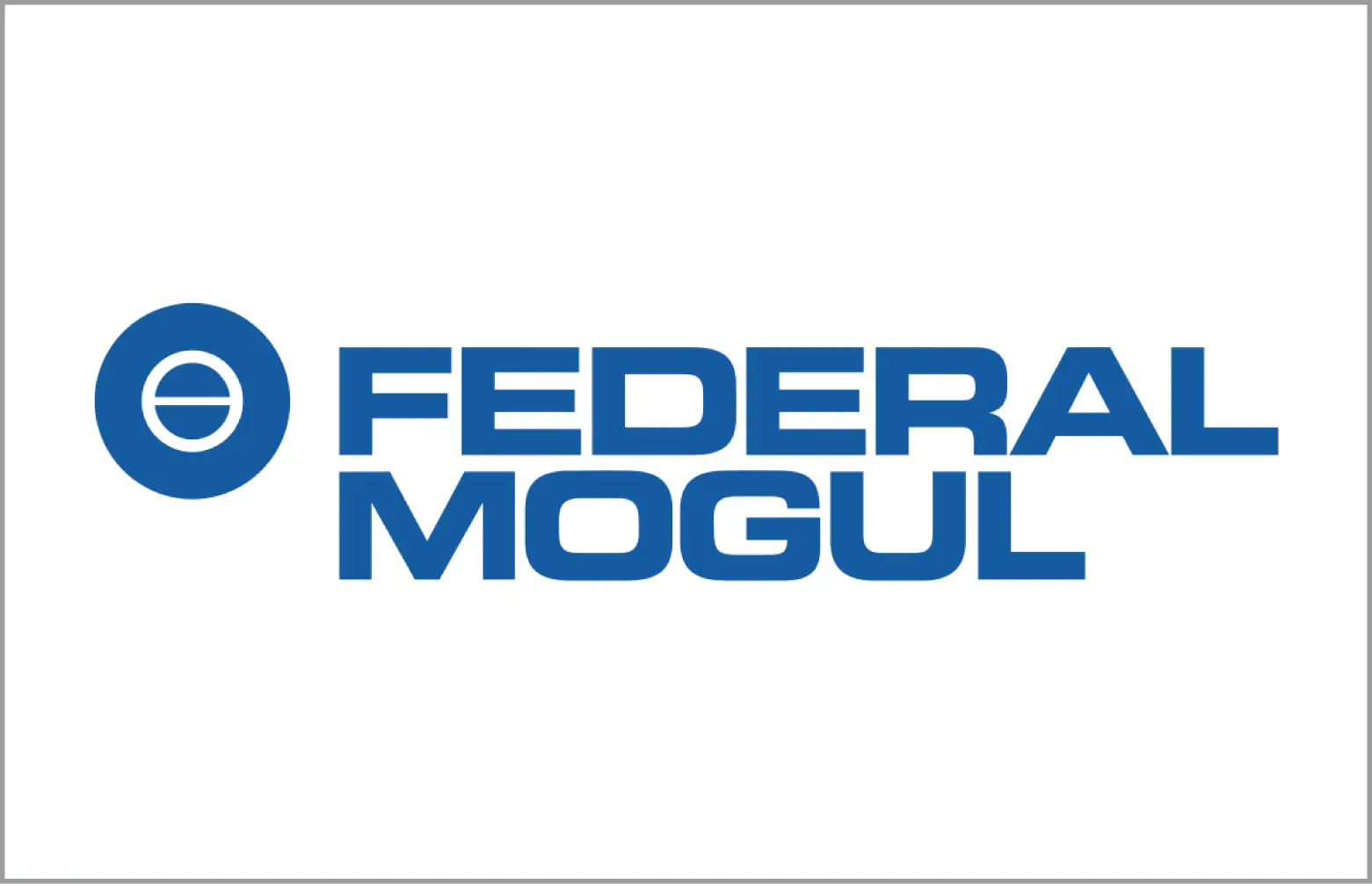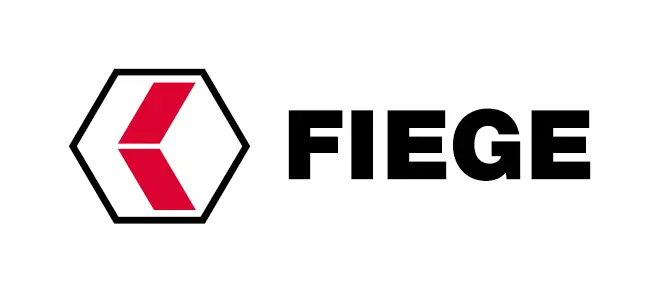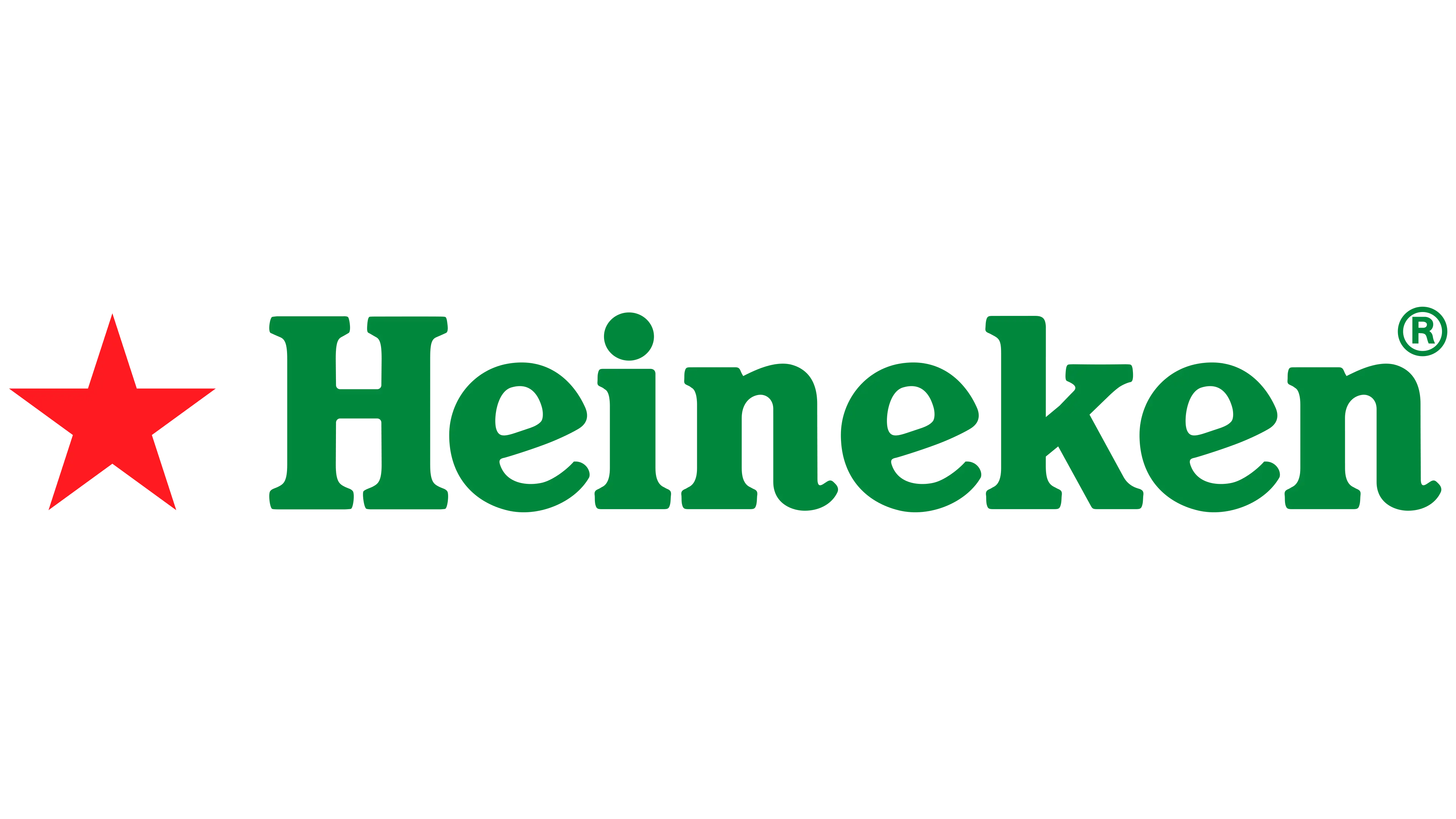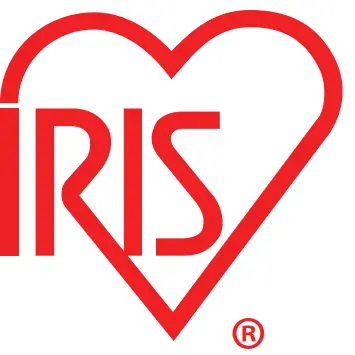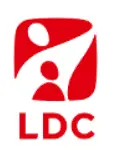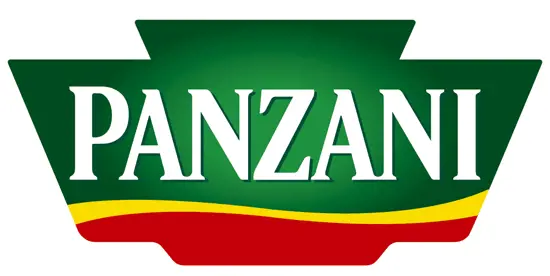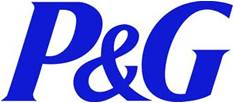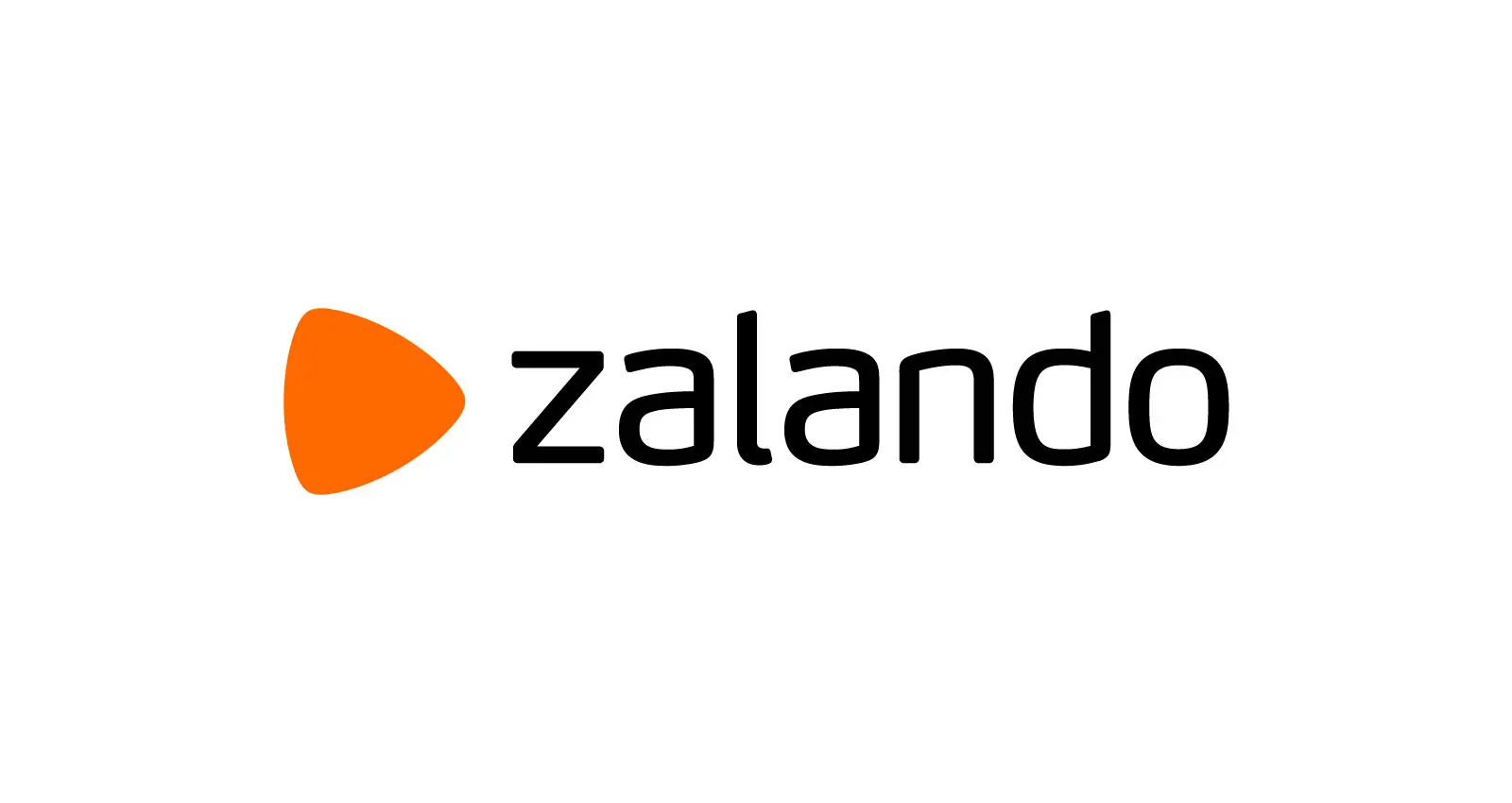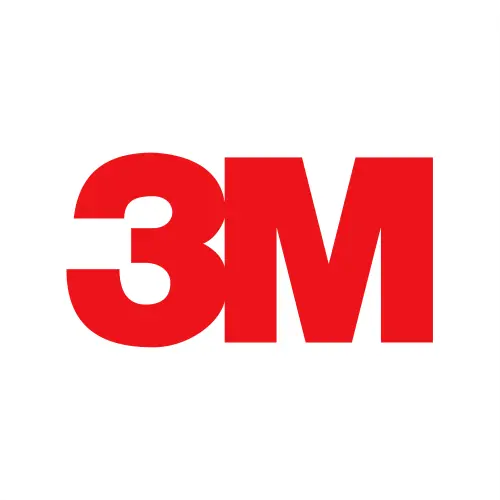Load-carrier pooling = circular economy
Our network of more than 10,000 PAKi Spots across Europe as well as the constant availability of the desired amount of pallets and boxes in the right quality guarantee a functioning circular economy that helps everyone involved reach their sustainability goals.
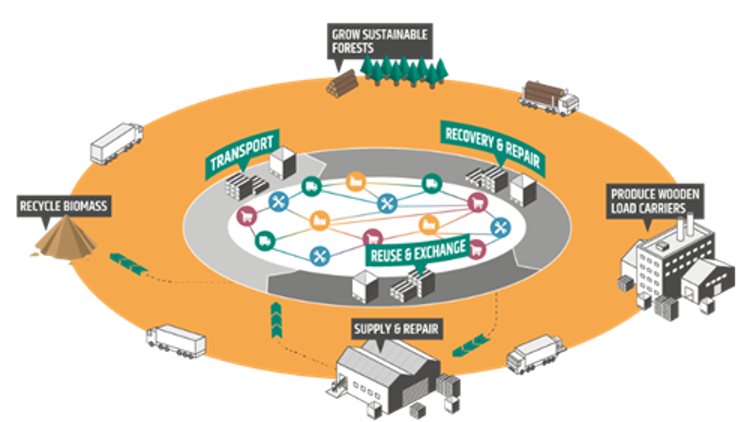
The open pool of standard load carriers, such as Euro pallets and box pallets, offers many advantages: load carriers can be exchanged and organised flexibly and cost-effectively across Europe, which significantly simplifies logistics in the supply chains of industry, retail and logistics service providers and reduces the carbon footprint of the entire supply chain. The proven open-pool system saves time for everyone involved, increases efficiency and is environmentally friendly. No expensive empty runs or time-consuming reloading of goods required. In this way, our clients and we at PAKi can reduce resource consumption in supply chains.
Furthermore, the load carriers are evaluated in our licensed production and repair facilities in accordance with strict quality guidelines, ensuring a seamless material flow for a wide range of quality requirements on the market. More than 600 million Euro pallets and 20 million box pallets are in circulation in the European Union in the open exchange pool.
The more users are involved, the more sustainable and efficient the system becomes. With us as a partner, you can obtain pallets and boxes in the quality you need from anywhere in Europe and drop them off again where you no longer need them.
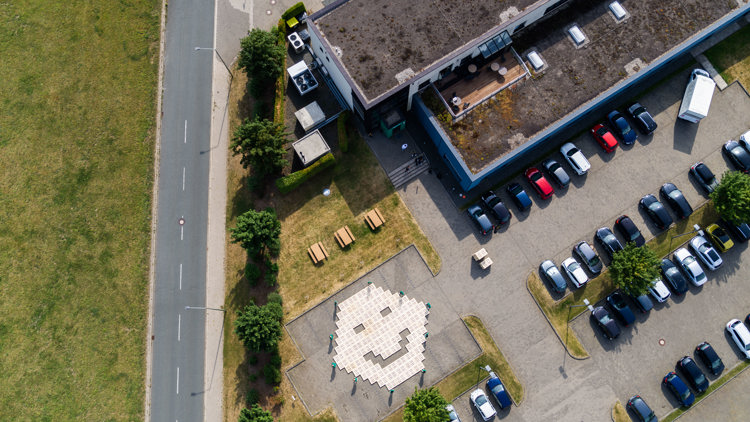
The exchange of pallets and boxes in an open-pool system not only optimises the logistics processes of our clients in industry, retail and logistics through targeted load-carrier management, but also offers numerous additional advantages:
With over 10,000 PAKi Spots across Europe, we guarantee a functioning circular economy. This makes load-carrier management not only efficient, but also extremely sustainable. Anne Kramer-Münch, CEO of PAKi Logistics
Sustainability in the Group
PAKi Logistics is part of the Faber Group, a Europe-wide provider of circular pooling services with standard load carriers. Together, we are committed to sustainable, resource-friendly business practices in the field of logistics.

How you act more sustainably
Interested in our services?
Don't hesitate to give us a call!

